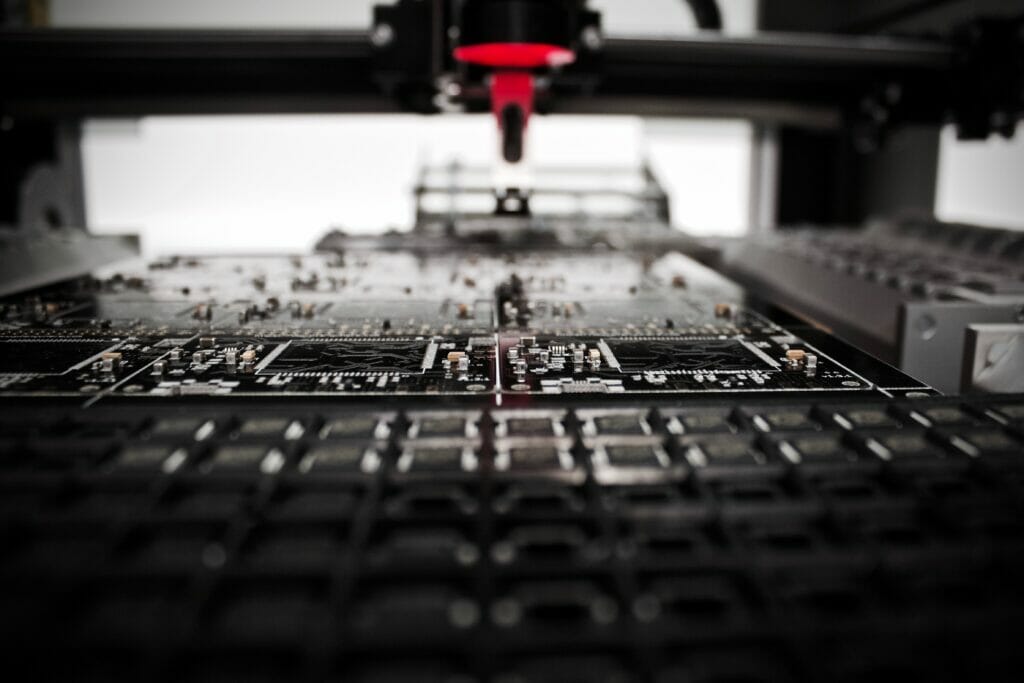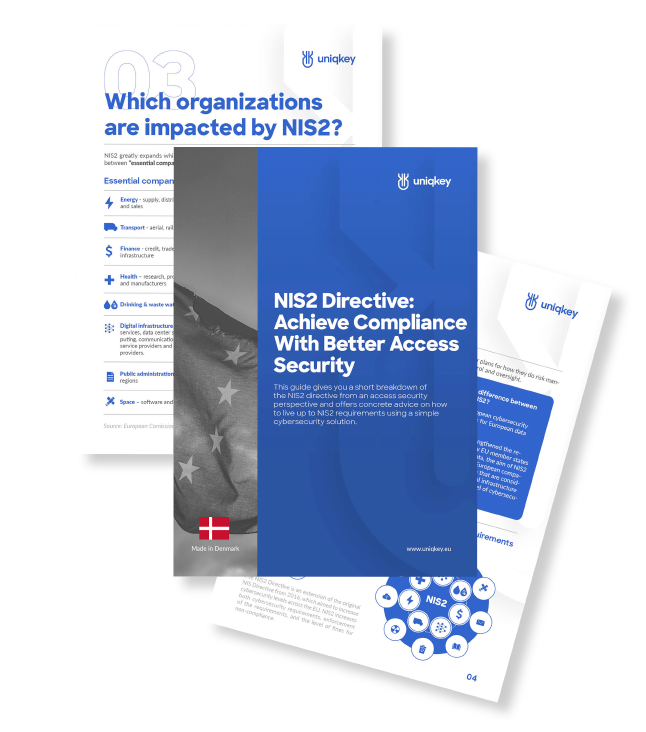IMPORTANT ENTITY
Manufacturing Sector
Learn how the NIS2 directive affects organizations in the manufacturing sector.
The Manufacturing Sector
The manufacturing sector is a critical part of the European economy, encompasing everythign from small-scale production to large-scale industrial processes.
As digitization and interconnectivity increase, the sector faces greater cybersecurity risks that could have severe public health and safety consequences. To address these risks, the NIS2 directive categorizes manufacturing as an “important entity” and imposes new cybersecurity requirements that organizations in this sector will have to comply with.
What’s Included In This Sector?
The manufacturing sector includes the manufactoring of: medical devices, computers and electronics, machinery and equipment, motor vehicles, trails and semi-trailers and other transport equipment)

Key Cybersecurity Challenges
For The Manufacturing Sector
Phishing Attacks
Phishing attacks are a major threat to this sector, as employees can be tricked into leaking valuable data, including intellectual property and customer information.
Supply Chain Attacks
Third-party vendors pose a risk, as they are often targeted by malicious actors as a way to gain access to sensitive systems or data within the manufacturing organization.
Intellectual Property Theft
Attackers may target manufacturing organizations to steal valuable trade secrets, product designs, or customer data, which can be sold or used to gain a competitive advantage.
Industrial IoT Attacks
Operators in this sector deploy connected devices to monitor and control production processes. These devices can be vulnerable to attacks, particularly if they are not properly secured.
Ransomware Attacks
In the manufacturing sector, time is money, and any delay in manufacturing can result in significant losses. For this reason, ransomware attacks are particularly effective.
Equipment Sabotage
Some malicious actors attempt to damage or disable critical equipment within a manufacturing facilit to cause significant disruption to production processes.
The Implications of NIS2 For The Manufacturing Sector
As numerous industries rely on the stability and reliability of the manufactorung sector to operate, the manufacturing industry is set to be impacted heavily by the NIS2 Directive.

improved SUPPLY CHAIN SECURITY
Recognizing the important role that the supply chain plays in the cybersecurity of the manufacturing industry, the NIS2 directive will require manufacturers to prioritize supply chain security. Manufacturers must assess and mitigate risks to their supply chain and prioritize securing their suppliers, partners, and contractors by implementing robust cybersecurity measures and conducting regular assessments of their security posture to prevent exposing the entire ecosystem to cyber threats.
more focus on risk management
Manufacturing entities recognized as “important” under the NIS2 directive will need to implement risk management processes that consider the ever-evolving threat landscape. This may lead to investments in new risk management tools and processes, along with the hiring of additional staff who possess the necessary expertise to manage these risks.
increased collaboration with it providers
In order to meet the requirements of the NIS2 directive, manufacturing organizations may need to work more closely with IT service providers, such as Managed Security Service Providers (MSSPs) and cloud service providers. This could result in increased costs, as well as changes to existing business models and processes.
IMPACT ON THE manufacturing MARKET
The NIS2 directive is anticipated to have a substantial impact on the manufacturing market, as it will mandate that manufacturers invest in measures to comply with its requirements. As manufacturers may need to allocate more budget towards cybersecurity initiatives, this could affect their bottom line, competitiveness, and potentially result in industry consolidation, as smaller companies may find it challenging to keep up with the additional costs.
Get NIS2 Complaint (Whitepaper):
Time is running out to comply with NIS2 regulations. Starting your compliance journey sooner rather than later is crucial.
A typical NIS2 compliance process, including security assessments, auditing, consulting, and tool implementation, takes approximately 12 months.
For practical advice on how to comply with the requirements, check out our NIS2 white paper.

